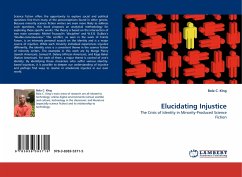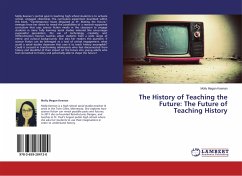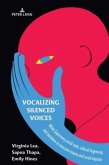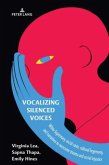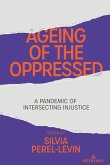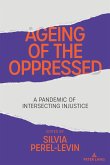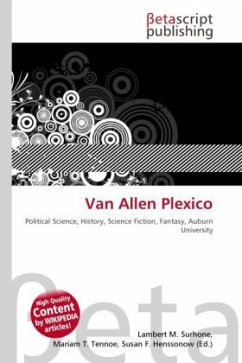Science fiction offers the opportunity to explore social and political questions free from many of the preconceptions found in other genres. Because minority science fiction writers are even more likely to address such questions, this book proposes an analytical methodology for exploring these specific works. The theory is based on the intersection of two main concepts: Michel Foucault's "discipline" and W.E.B. DuBois s "double-consciousness." This conflict, as seen in the work of Frantz Fanon, is an intensely personal assault on the identity and is a major source of injustice. While each minority individual experiences injustice differently, the identity crisis is a consistent theme in the science fiction of minority writers. The examples in this work are by Marge Piercy (Jewish American), Samuel R. Delany (African American), and Kage Baker (Native American). For each of them, a major theme is control of one s identity. By identifying those characters who suffer various identity-based injustices, it is possible to deepen our understanding of injustice and perhaps find ways to resolve or ameliorate injustice in our own world.
Bitte wählen Sie Ihr Anliegen aus.
Rechnungen
Retourenschein anfordern
Bestellstatus
Storno

